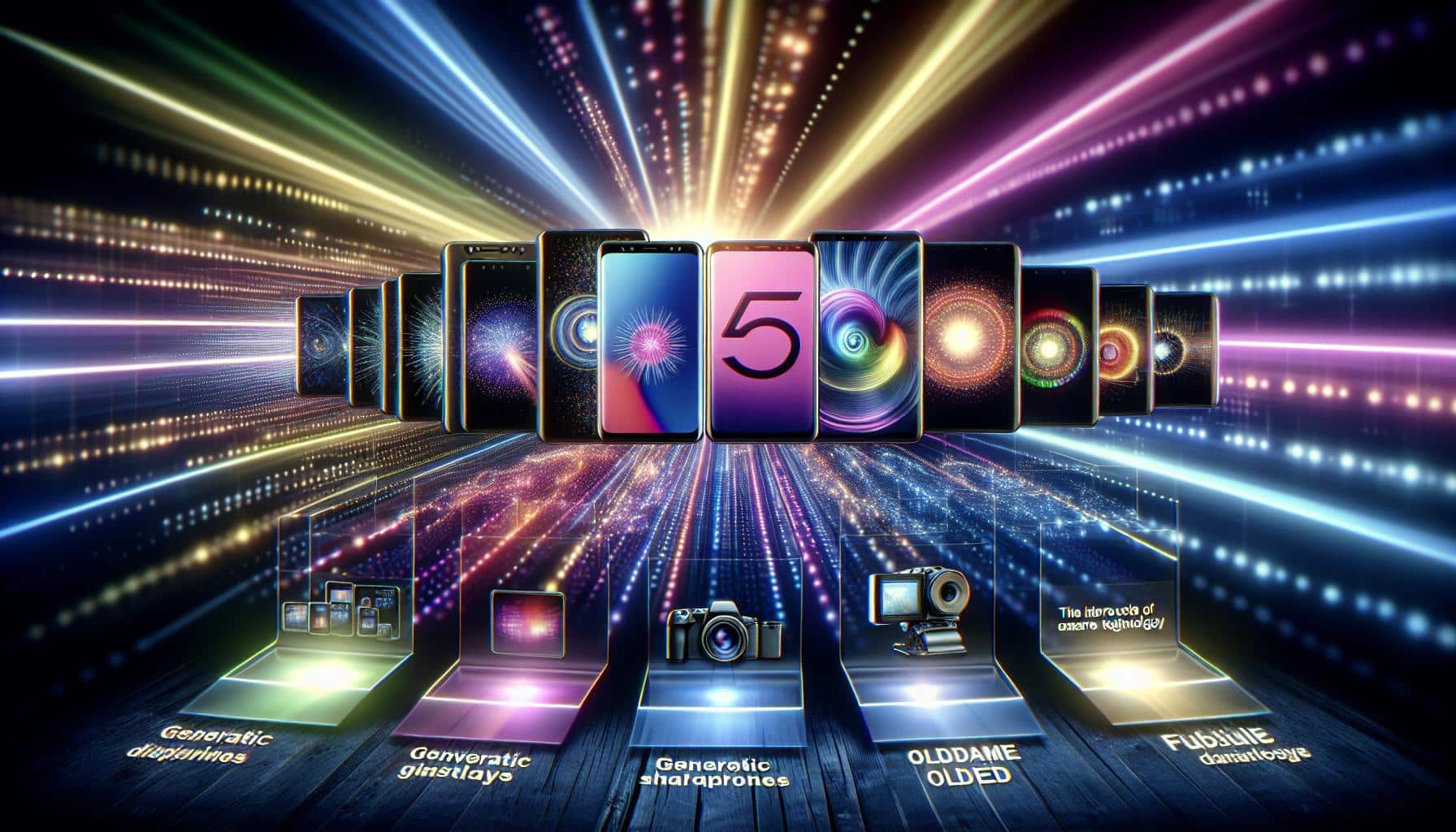Samsung Smartphones: Revolutionizing the Mobile Market
Samsung smartphones have become a dominant force in the global market, capturing consumers’ attention with their innovative features, advanced technology, and wide range of models suited for various needs and budgets.
From pioneering the use of OLED displays to creating a seamless connectivity ecosystem with other devices, Samsung continues to push the boundaries of what smartphones can offer.
The Evolution of Samsung Smartphones
Samsung Electronics, a South Korean technology giant, has been a key player in the mobile phone industry since the late 1980s. However, it was the introduction of the Samsung Galaxy series in 2009 that marked the brand’s entry into the smartphone market.
An area where Samsung excels is display technology. The introduction of OLED screens in Samsung Galaxy phones offered deeper blacks and vibrant colors, while the development of curved displays enhanced the viewing experience and ergonomics.
Camera quality is another aspect that sets Samsung smartphones apart. With features like multiple lens systems, advanced image stabilization, and low-light capabilities, Samsung has consistently raised the bar for mobile photography.
Impressive Performance and Specifications
Samsung has invested heavily in developing its in-house Exynos processors, ensuring that their smartphones can handle everyday tasks and demanding gaming sessions with ease. Additionally, generous amounts of RAM and storage, expandable options, fast charging, wireless charging, and long-lasting batteries are common features across the Galaxy range.
Market Impact and Future Prospects
Samsung has cemented its position as one of the world’s leading smartphone manufacturers. Their diverse lineup, including flagship Galaxy S and Note series, foldable Z series, and budget-friendly A and M series, caters to a wide range of consumers.
Looking ahead, Samsung’s commitment to innovation remains strong. The company is expected to focus on advancements in foldable technology, 5G connectivity, and artificial intelligence for the next generation of Samsung smartphones.
Frequently Asked Questions (FAQ)
1. The First Samsung Galaxy Smartphone: The Samsung Galaxy GT-I7500, released in 2009, was the first smartphone in the Samsung Galaxy series.
2. Samsung Smartphones run on Android: Yes, Samsung smartphones operate on the Android operating system, with a custom user interface called One UI layered on top.
3. Seamless Device Connectivity: Samsung smartphones can connect to various devices, including wearables, tablets, TVs, and home appliances, often through Samsung’s SmartThings app or Samsung DeX.
4. What is Samsung DeX? Samsung DeX is a feature that allows certain Samsung smartphones to connect to a monitor, keyboard, and mouse, providing a desktop-like experience.
5. Samsung’s Camera Technology: Samsung competes in terms of camera technology by continuously upgrading their cameras with features like high-megapixel sensors, space zoom, and AI-enhanced imaging capabilities.
For more information on Samsung and its range of products, visit their official website at samsung.com.
Analyst comment
Positive news.
As an analyst, the market will likely continue to be influenced by Samsung’s dominance in the smartphone industry. With their innovative features, advanced technology, and wide range of models, Samsung is expected to maintain its position as one of the world’s leading smartphone manufacturers. Their focus on advancements in foldable technology, 5G connectivity, and artificial intelligence will drive future growth and market impact.













